Not written in the constitution but solidly enshrined in the political praxis is the requirement that the president be a Kurd, the speaker a Sunni, and the prime minister a Shia. In addition, it is also understood by all that cabinet posts must be distributed among all groups in a way that reflects their political weight and creates a balance acceptable to the main players. Since all ethnic and sectarian communities are deeply divided into factions represented by a plethora of political parties, the process of selecting the leadership after the elections is always difficult and protracted.
The delay after the 2021 election was extreme, but it is normal for the process of government formation to last five or six months. As a result, the connection between voters’ choices and the government is rather distant. In the United States, the connection between the vote and the outcome is filtered by the Electoral College. In Iraq, it is filtered by months of bickering and bargaining among political factions and their foreign supporters. The delay alters the balance of power among them by the time the government is formed.
Politically, the functioning of the democratic system was more problematic. Each election saw the participation of far too many parties for any of them to receive a majority. Instead, the vote splintered, first along sectarian and ethnic lines, then along political rivalries within each group. This required the formation of alliances representing major sectors, with each group demanding ministerial posts. The formation of a government required almost 6 months after the December 2005 election and over 9 months after the March 2010 election. In 2014, and again in 2018, about five months separated the elections and the choice of a prime minister.
The formation of the current government was the most difficult and dysfunctional. Negotiations among the parties stretched for almost a year until October 2022, and the parliament that finally voted for the prime minister was not the one elected a year earlier. By that time, the Sadrist movement, which had won the plurality of the vote in 2021, had withdrawn all its representatives from the parliament, Moqtada al-Sadr had declared, not for the first time, that he was withdrawing from politics, and the vacancies left by the anti-Iran Sadrists were filled by members of a pro-Iranian Shia alliance called the Coordination Framework. The parliament that approved the new cabinet, in other words, was quite different from the one elected one year earlier.
So-called democracy has failed to bring about either social peace or solutions to concrete, non-political problems. The population is dissatisfied and the newly formed government is fragile. Some have even called for early elections in the hope a new cabinet would be more representative—a singularly bad idea likely to lead to more months of stagnation under an acting prime minister.
US intervention in the wars that followed the disintegration of Yugoslavia in the 1990s resulted in the formations of political systems that enshrined religion and ethnicity as determining factors. The Dayton Accord mediated by Ambassador Richard Holbrooke on behalf the United States resulted in a seemingly clever, but in reality grotesque, creation in Bosnia that includes a federal system, one component of which is also a federation, and a collective presidency which requires constant international supervision to function even minimally.
There is no country where ethnic- and sectarian-based governments have brought peace. To the best of my knowledge, there is no country that has been able to free itself from such a system once adopted. In the name of democracy promotion, the United States has put Iraq on the way to long-term institutionalized strife.
Former Senior Research Associate and Head of the Middle East Program, Carnegie Endowment for International Peace

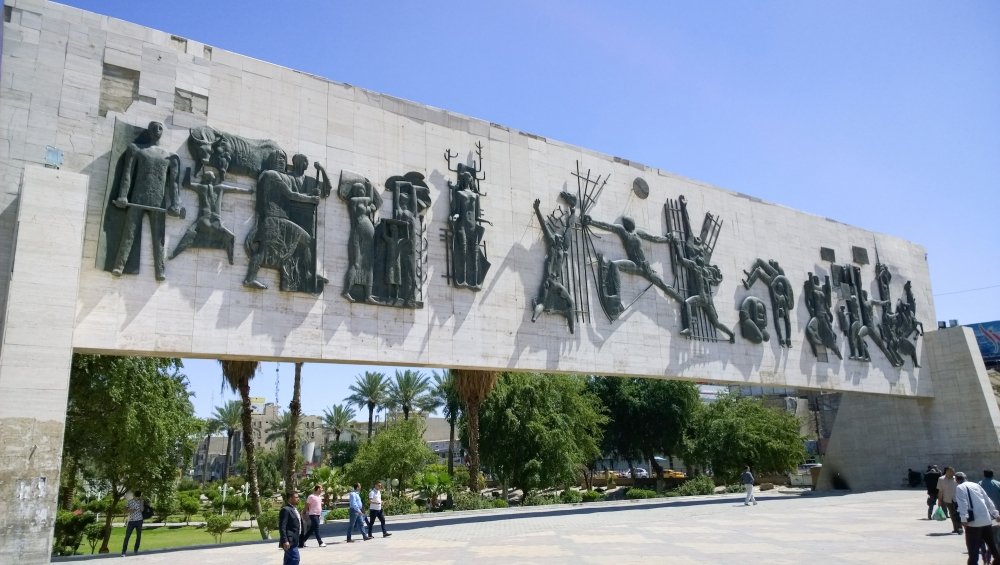
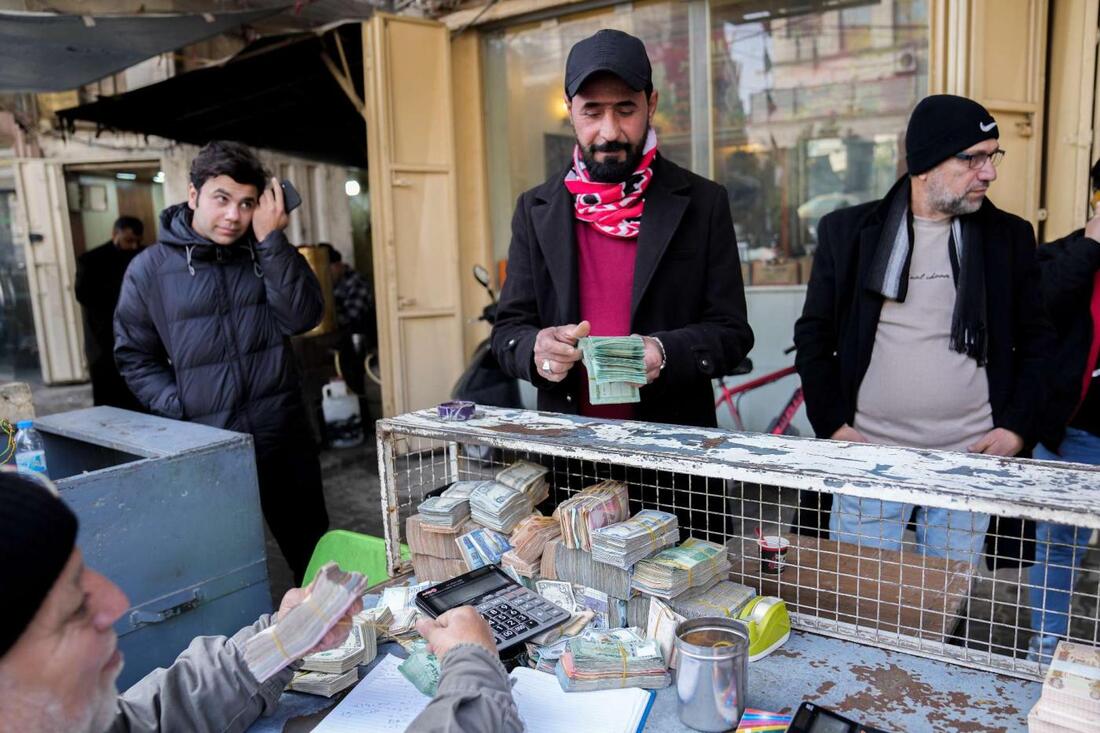
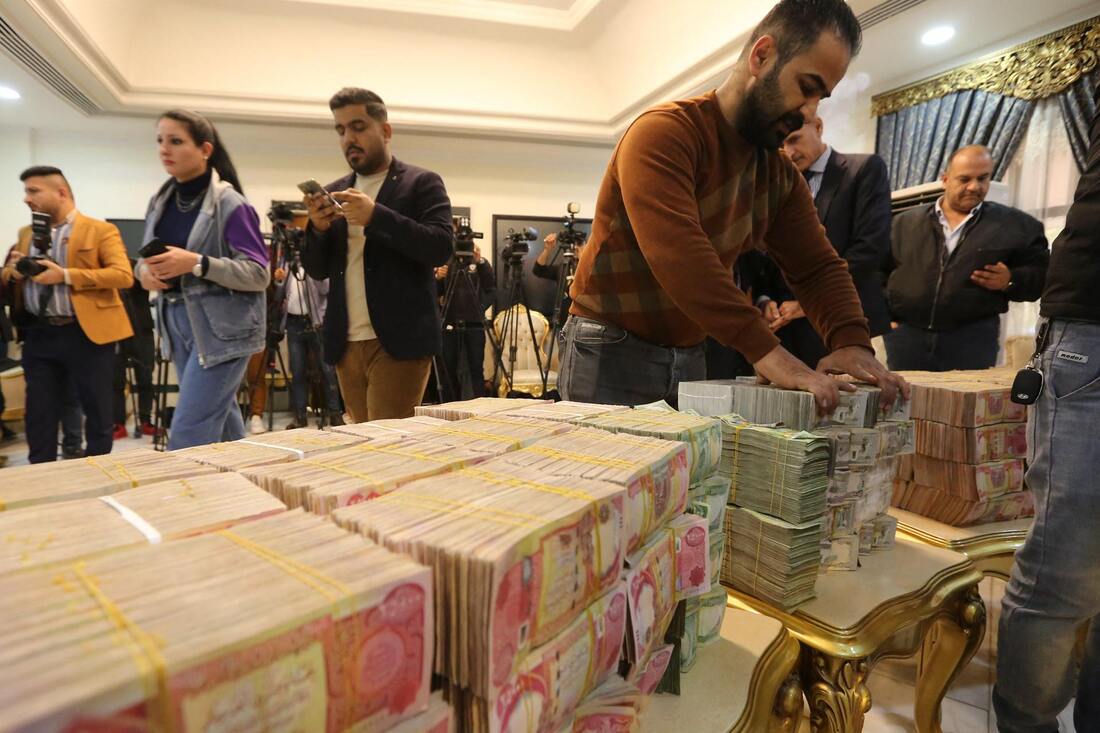
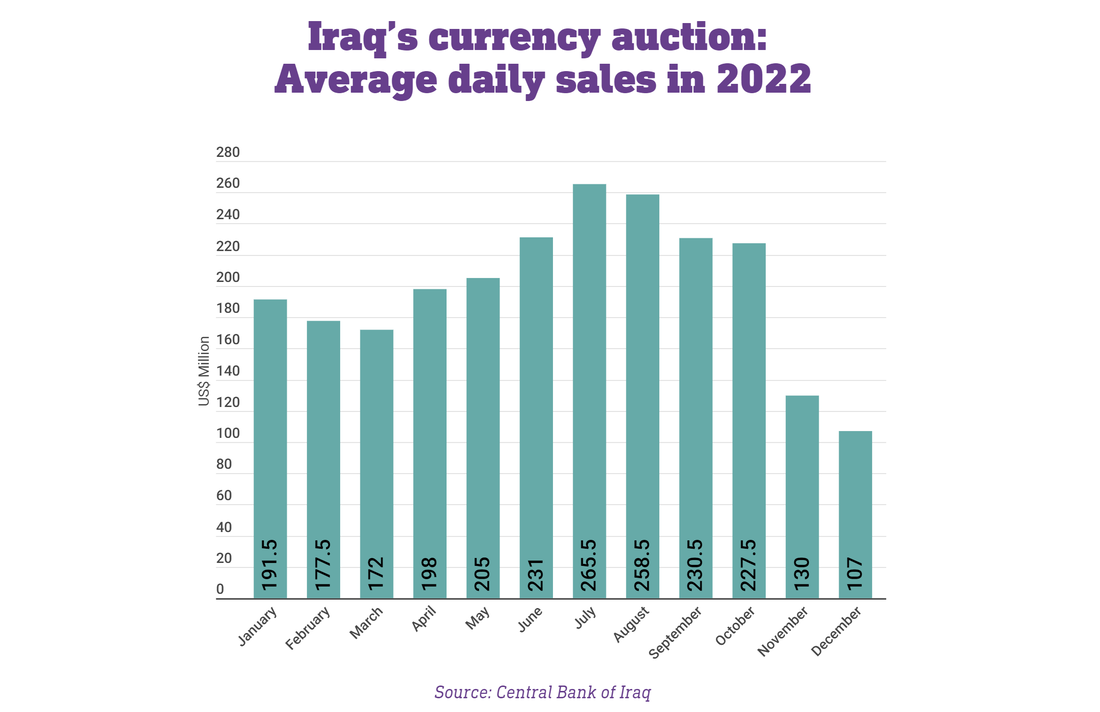
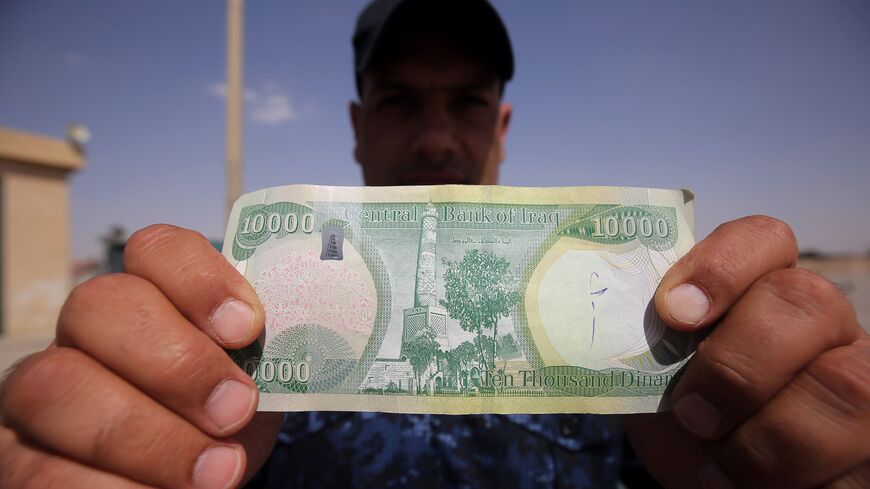
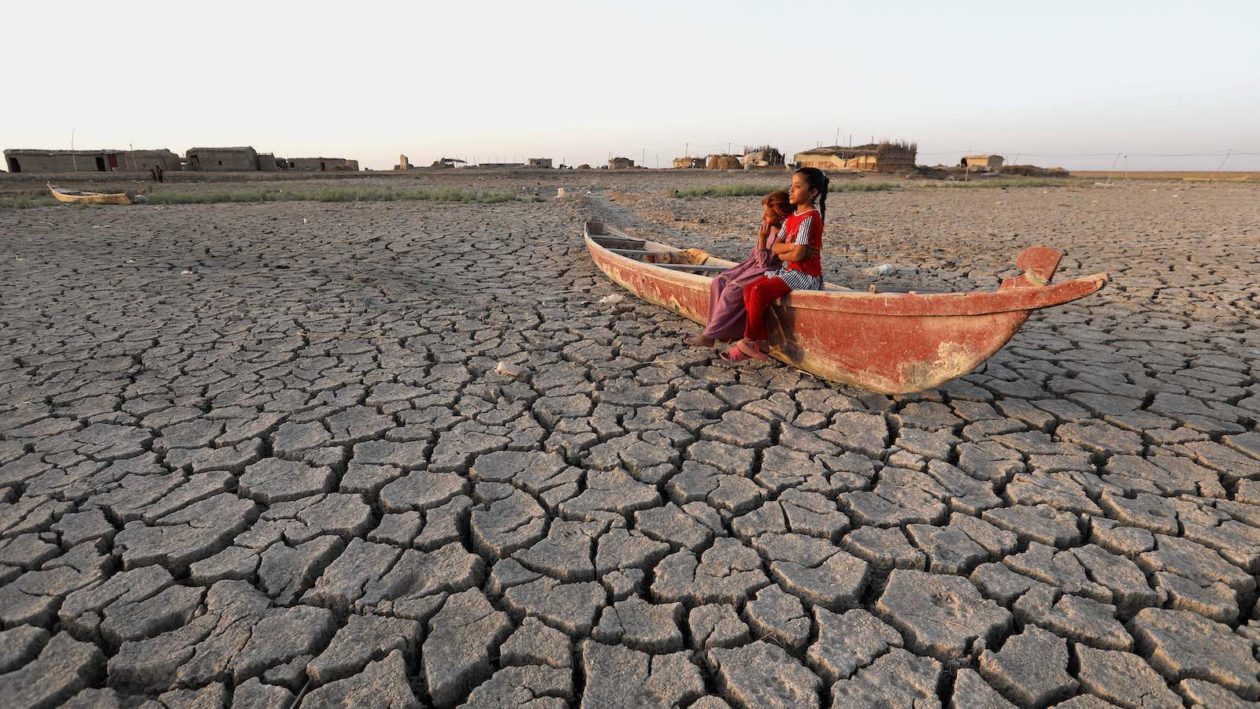
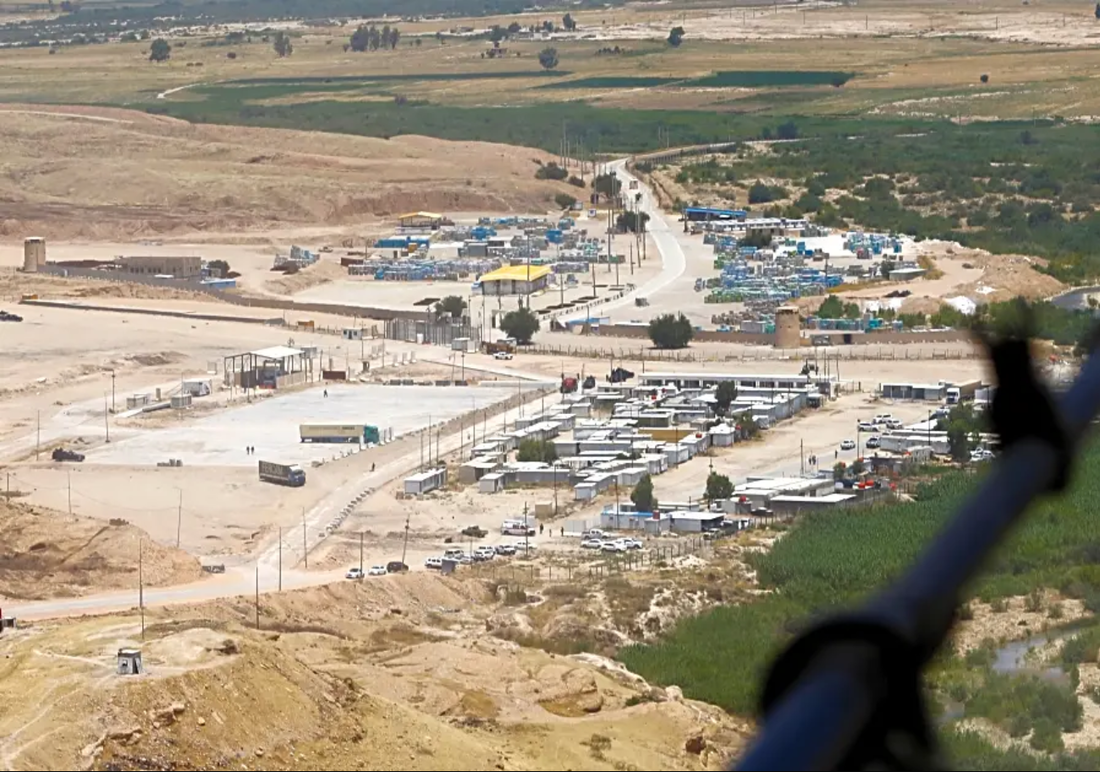
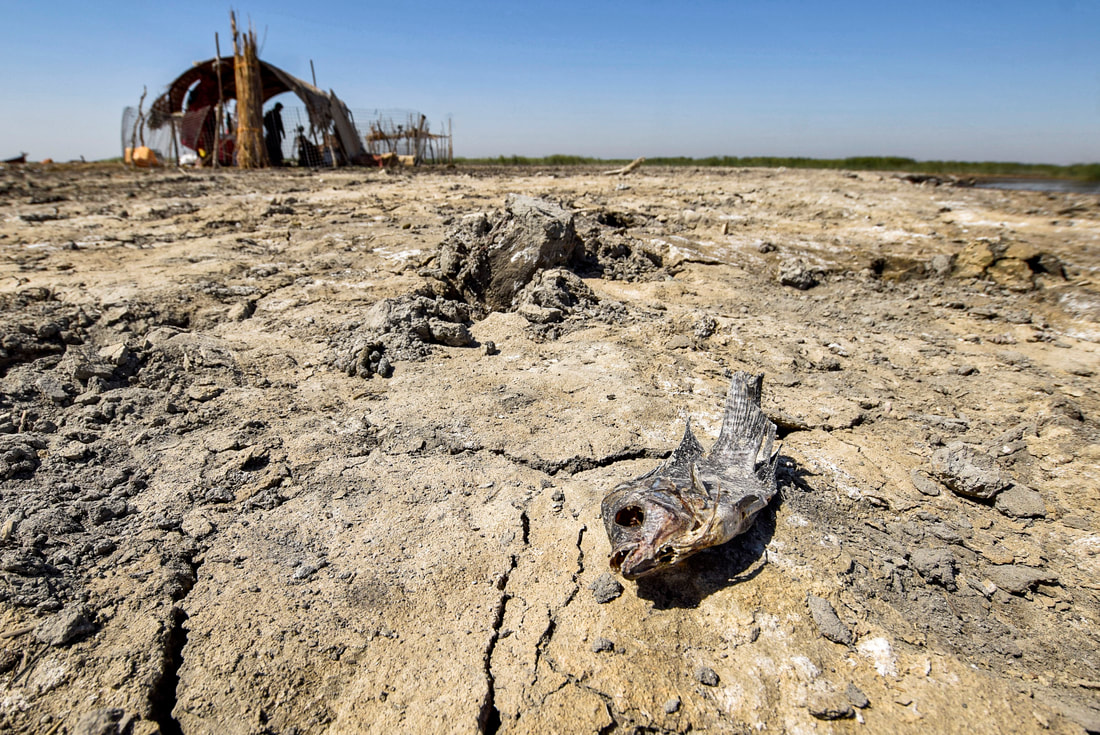
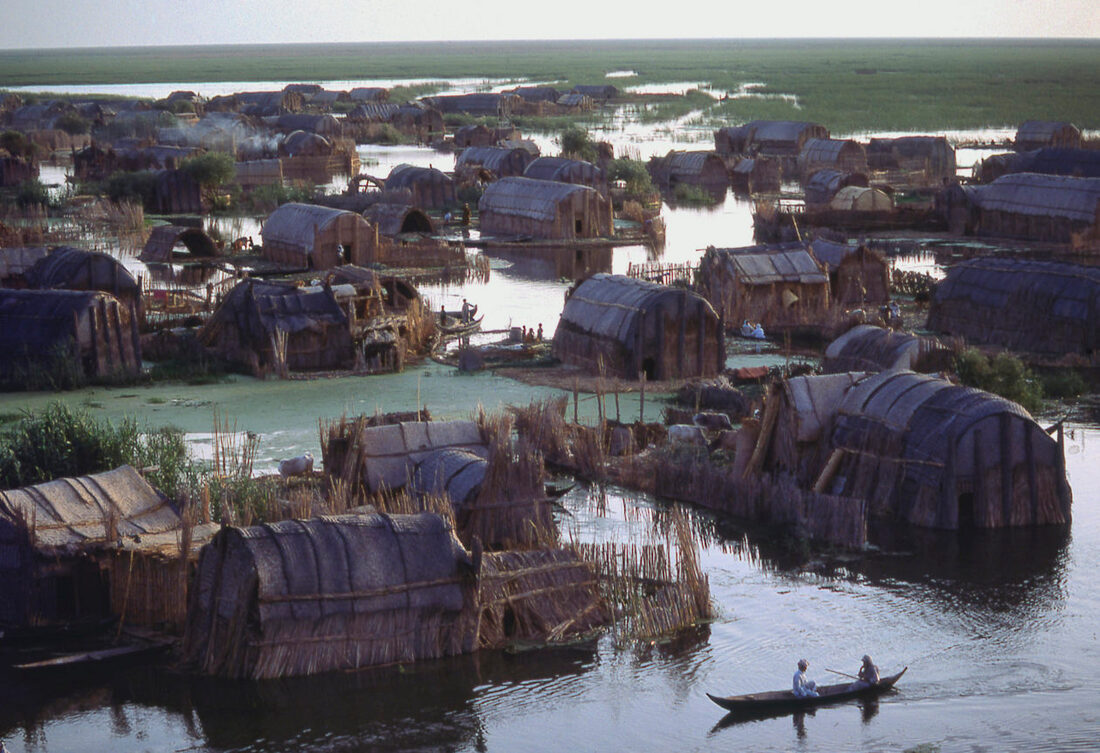
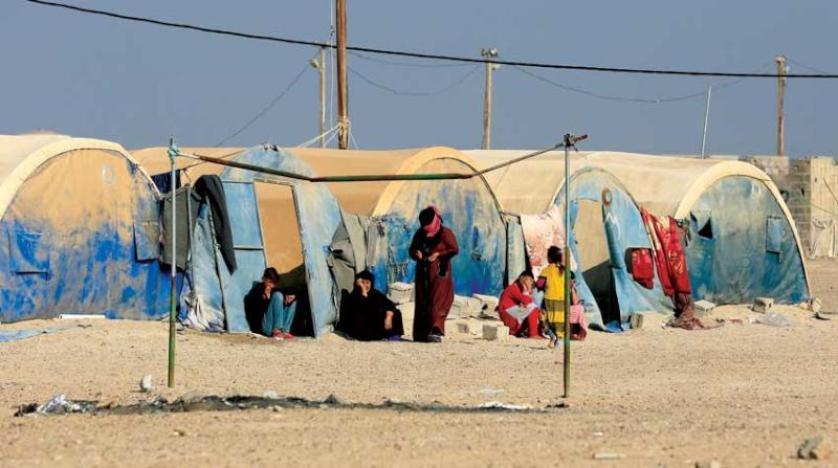

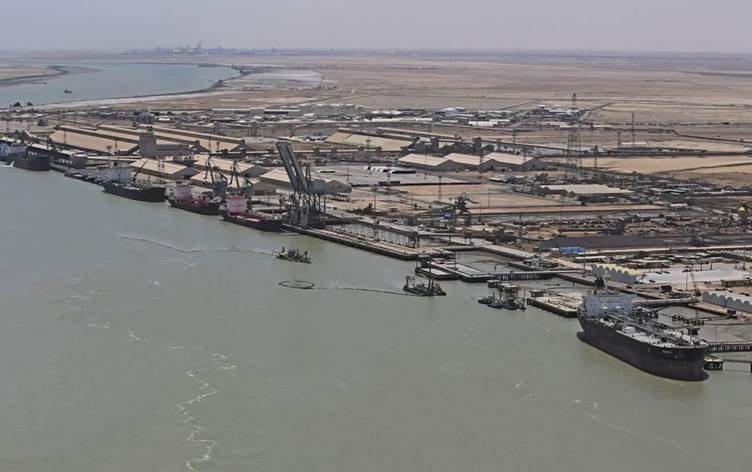
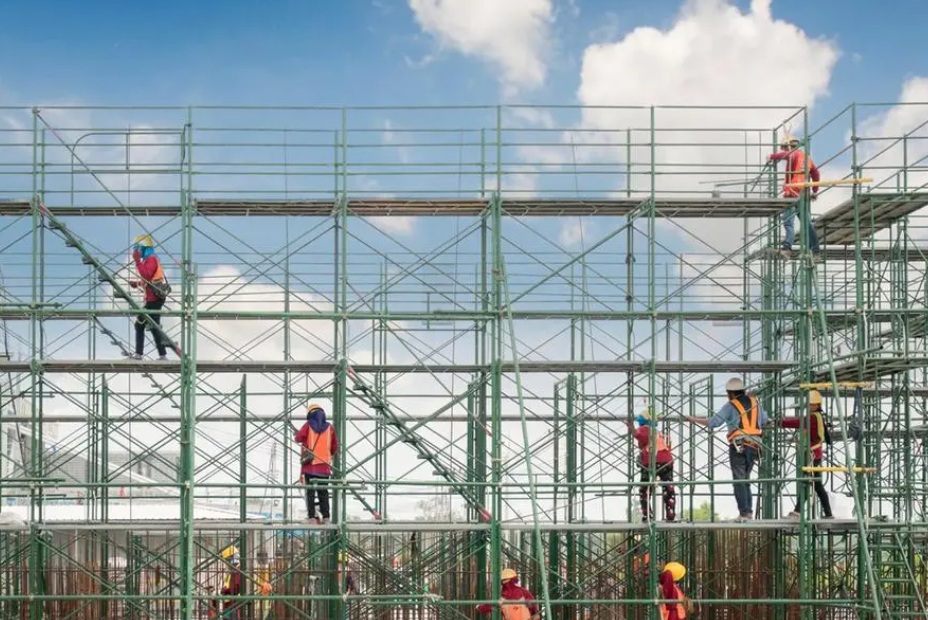


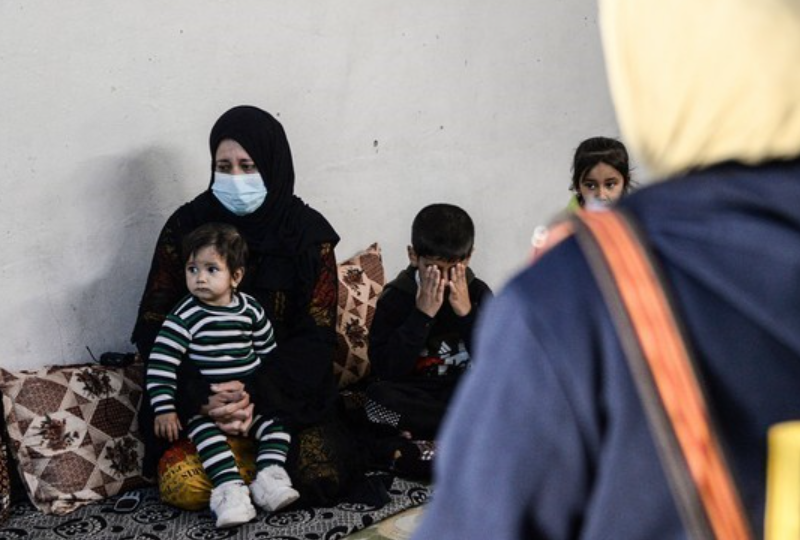
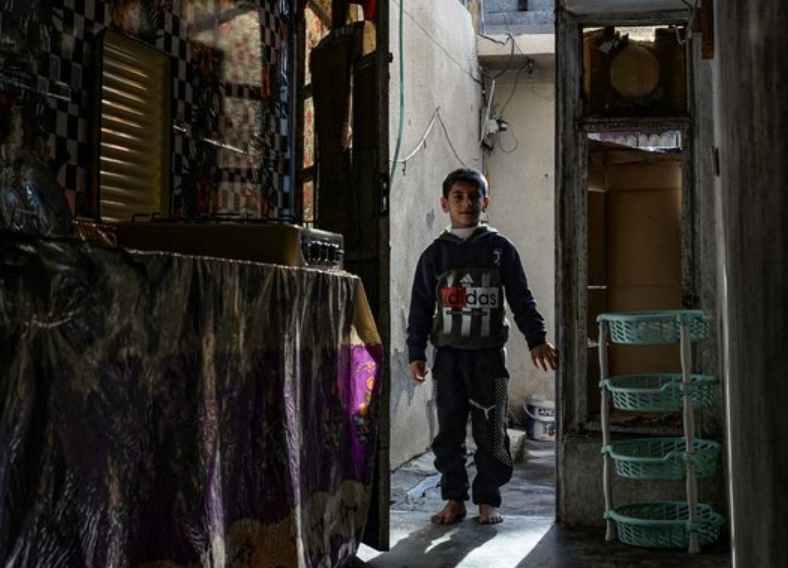
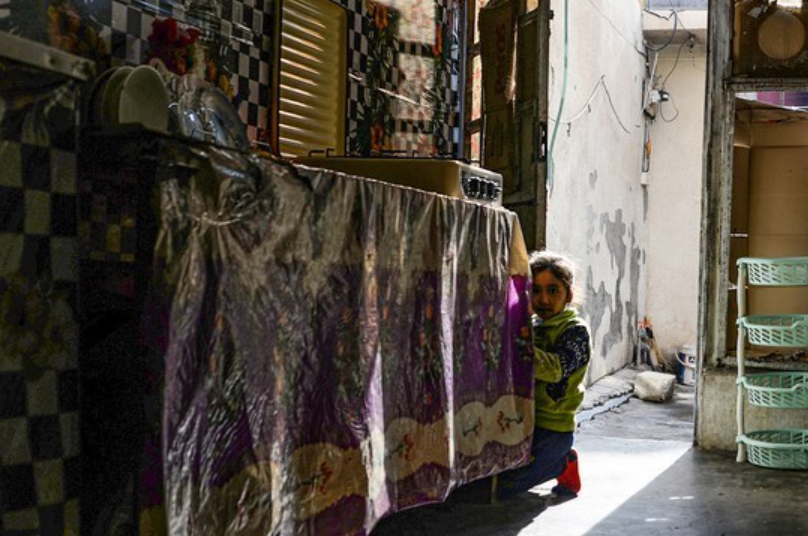
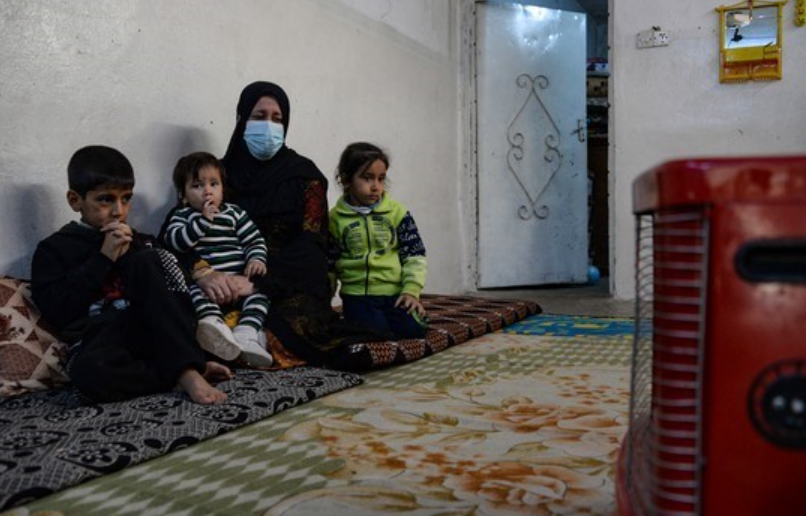
 RSS Feed
RSS Feed